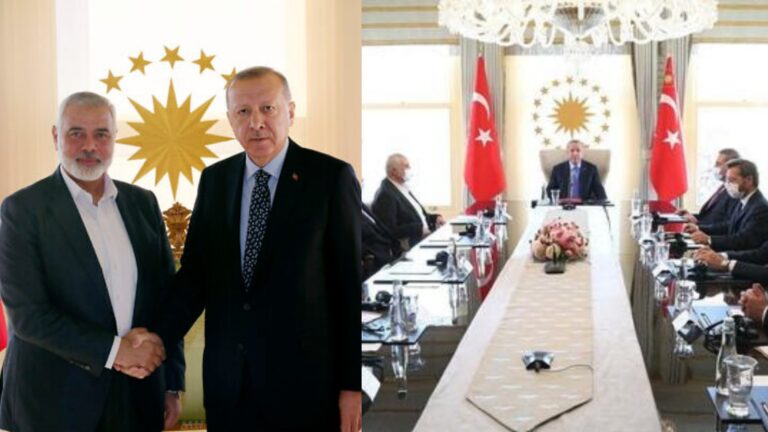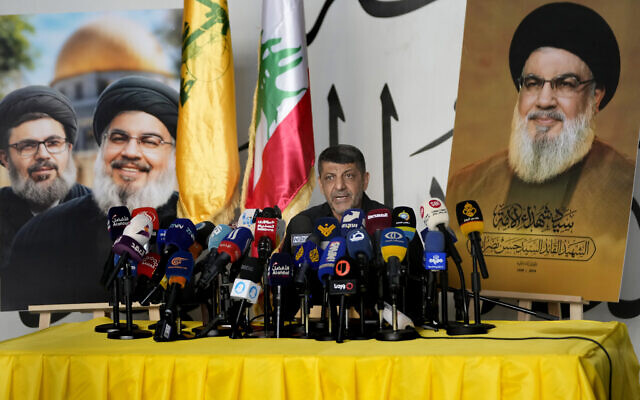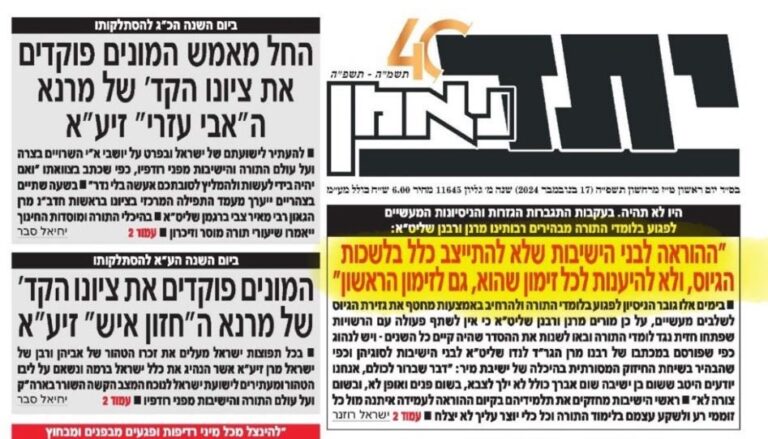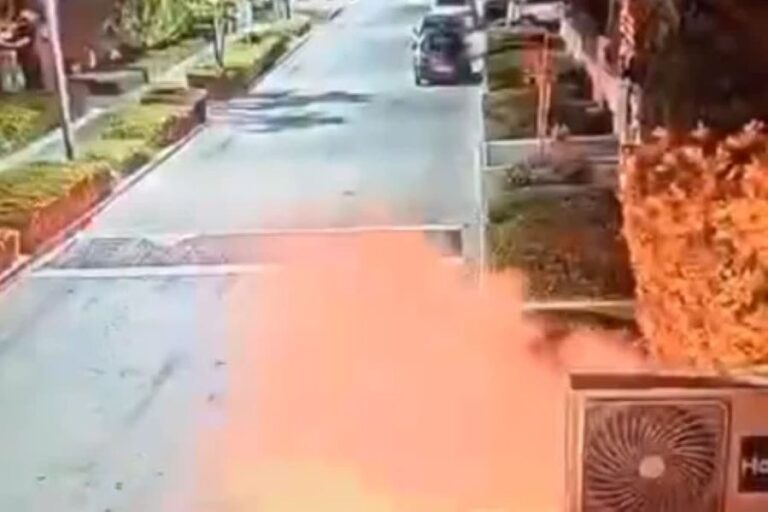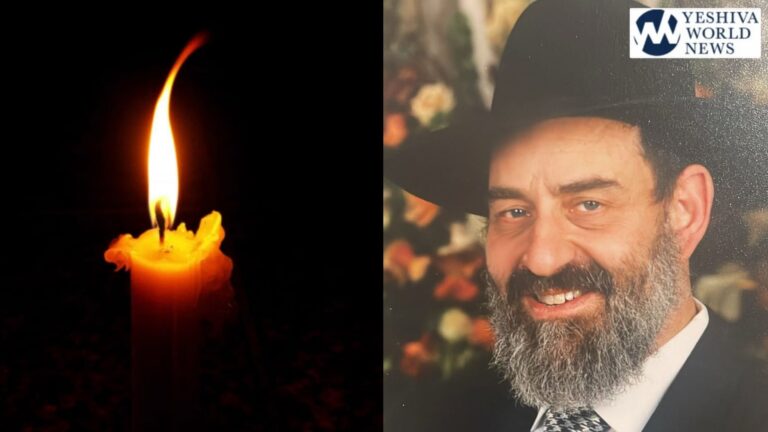The Brachos and Klalos (the Blessings and the Curses) constitute an important part of this week’s Sedra. However, before launching into a listing of the Curses, Moshe Rabbeinu recapitulates by way of introduction how Hashem took care of us in the Midbar. Moshe reminds the People that Hashem arranged things in such a way that Klal-Yisroel’s clothes never wore out and that their feet never swelled during those forty years in the Desert. Moshe then makes a dramatic statement, saying: “and you (Klal-Yisroel) know in your heart that just as a father punishes a son so Hashem punishes you”. Then Moshe Rabeinu tells us that the purpose of Hashem’s disciplining us is in order to bring us too Eretz-Yisroel.
There are two obvious questions: 1) what does the fact that our garb didn’t deteriorate have to do with brachos and klalos? 2) What is Moshe Rabeinu trying to communicate by telling us that the end purpose of our punishments is in order to receive Eretz-Yisroel?
A father only wants the best for his children. When a father punishes a child it isn’t for the sake of depriving the child from anything, but rather as a means of eventually giving the child the most he can. As such a father will often threaten to punish a child severely so as to instill fear in the child so that the child will act correctly. Sometimes, however, the threat will not suffice and the father will be forced to carry out the punishment. Should the child desist from doing wrong as soon as the punishment starts, the father will usually relent, halt the reprimand, and forgive.
Moshe Rabeinu is about to tell us of the punishment that Hashem is threatening us with, but before Moshe Rabeinu does so Moshe Rabeinu reminds us that the purpose is in order to bring us to achieving and deserving Eretz-Yisroel, and that we will be granted all the leniencies that a father grants a son. Moshe Rabeinu is letting us know that we will always have an ‘out’. It is for this reason that Moshe Rabeinu recapitulates the care that Hashem gave us in the Midbar. Moshe Rabeinu is emphasizing the father son relationship through the supernatural care we were given in the Midbar.
We live in a confusing time in confusing times in which unmatched evil coexists with so much good. Were we to focus only on the good and ignore the bad, we wouldn’t be doing ourselves justice; we would be merely denying the existence of something that not only is there but that is having a very destructive impact on all of us. We cannot merely rely on the good and expect that Hashem will shower us with brocho. We must, rather, confront the truth and realize that we are unfortunately very close, too close, to receiving the klolo. We must take advantage of that ‘out’ Moshe Rabbeinu informed us of. We need to take stock of where we are, to take corrective action to distance ourselves from transgression so as to avoid threatened punishment. Should that punishment nevertheless come, we should then remind ourselves of its ultimate purpose. Instead of being comforted by denying the fact that there is evil in our midst, we should be comforted by the fact that Hashem is eager to pardon us because we are His children and Hashem ultimately wants us to merit the Geula Asida.
A very warm Good Shabbos, Rabbi Y. Dov Krakowski

